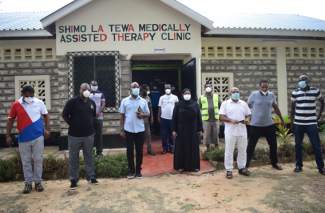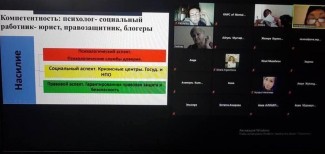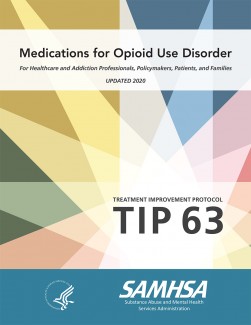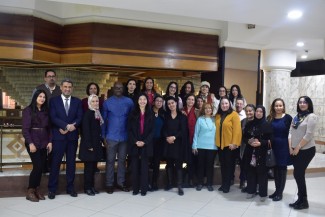
In 2018, Mombasa planned to set up a methadone programme for heroin injecting drug users living in prisons. As a follow up, UNODC worked together with the County of Mombasa and the Kenya Prison Service in 2019, to support and expand Medically Assisted Therapy (MAT) service provision to the prison population.
Understanding that people in prison settings who use MAT services in the public-dedicated clinic could be unnecessarily put at risk of infection, and in the context of the COVID-19 mitigation and prevention measures implemented country-wise, UNODC collaborated with the Kenya Prison...




